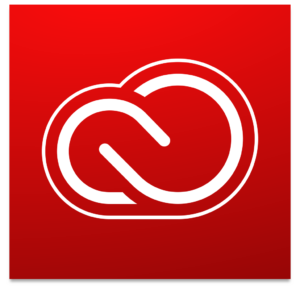 MunkiReport 5.8 was released today and primarily includes compatibility with Python 3 and PHP 8.
MunkiReport 5.8 was released today and primarily includes compatibility with Python 3 and PHP 8.
Just like last year’s release of 5.7, this new version of MunkiReport requires admins to deploy a specific Python package to clients before updating.
It will also likely require a coordinated update on your web server to enable PHP 8.
Read on for the details…
 We need to tightly control the version of InDesign (ID) and InCopy (IC) in use here at the newspaper. As such we
We need to tightly control the version of InDesign (ID) and InCopy (IC) in use here at the newspaper. As such we  Another component to my
Another component to my